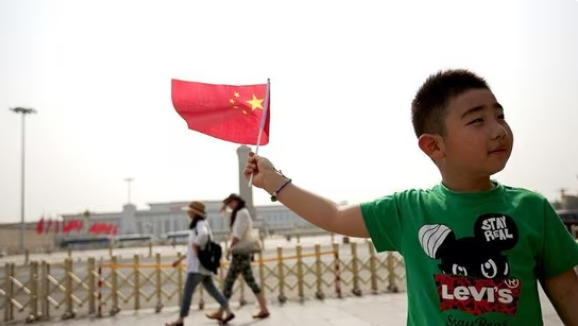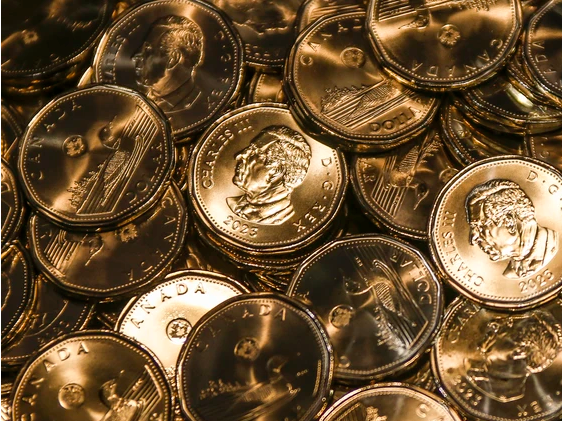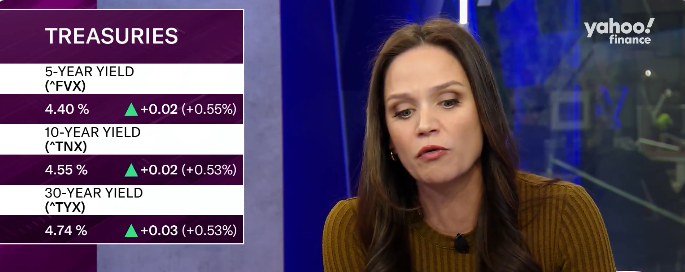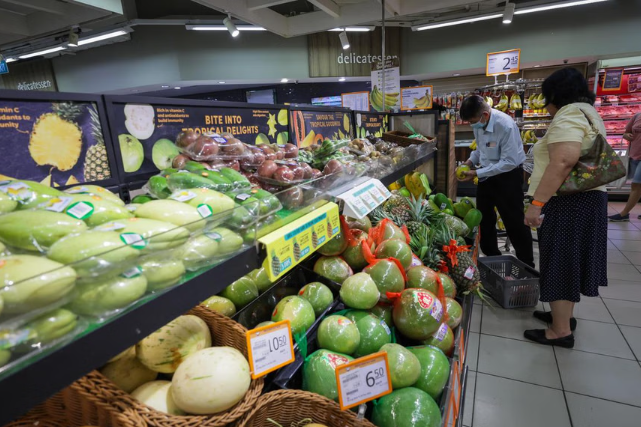The market for aviation services in Asia-Pacific will quadruple in the next 20 years.
Singapore, 24 September 2024 – The commercial aircraft services market in the Asia-Pacific region will more than double in value to US$129 billion from US$52 billion today, by 2043 according to Airbus’ latest Global Services Forecast (GSF).
This is driven by a demand for some 19,500 new aircraft for the region, supported by a compound annual growth rate (CAGR) of 4.81% in passenger air traffic in the region.
Driven by the rise in annual air traffic, fleet growth and the requirement for more digitally-enabled and connected aircraft, the growth in demand for services will be reflected in solutions implemented across all phases of the aircraft from delivery to end-of-life, including fleet maintenance, aircraft modernisation and training.
Among the various segments of the services bu...








